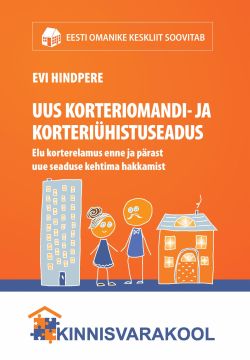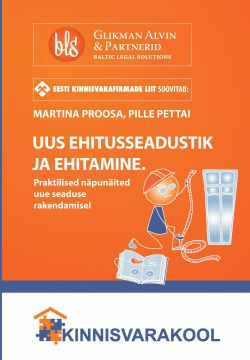 Our survey results suggest that around one-half of currently remotely working persons had no telework experience before the Covid-19 crisis hit.
Our survey results suggest that around one-half of currently remotely working persons had no telework experience before the Covid-19 crisis hit.- Productivity losses were reported by about one-third of respondents, while less than one-fifth managed to improve their work efficiency. Worker creativity and stress levels improved, while it became harder to ensure work-life balance.
- Most drawbacks of teleworking can be addressed, and the future lies in finding the right balance between the remote work and the traditional workplace.
We performed a pan-Baltic level analysis, evaluating workers’ productivity and well-being. Results indicate that around 40% of respondents did not notice any change in their productivity, while a decrease was reported by one-third of respondents. Reasons for productivity losses include lack of cooperation with colleagues and juggling between work and household chores/parenting, as well as missing necessary work equipment. Pandemic may have forced people to telework more than they would have preferred if they had a choice. Social distancing may have depressed the overall spirit – another reason for falling productivity.
Despite all the challenges of teleworking during the pandemic, 15-19% of workers in the Baltics noticed improvements in their work efficiency. The key factors behind this are a better work environment at home, more flexible working hours, and time saving on travel and virtual meetings. Those remote workers who experienced improvements in their work satisfaction, creativity and work-life balance, more often saw their work efficiency rise, and the other way around, suggesting that worker well-being is an important prerequisite for productivity gains.
Most of the factors dampening productivity of teleworking are pandemic-related and will go away, as the pandemic gradually retreats. Schools and kindergartens will reopen. Social distancing requirements will be lifted. In addition, we will be more familiar and more adapted to deal with the peculiarities of telework. In “normal times” remote work can potentially increase the efficiency and flexibility of the labour market and improve work satisfaction, as well as save costs. However, success of the work-from-home approach is not guaranteed without a combined effort from workers, employers, and policymakers.
















